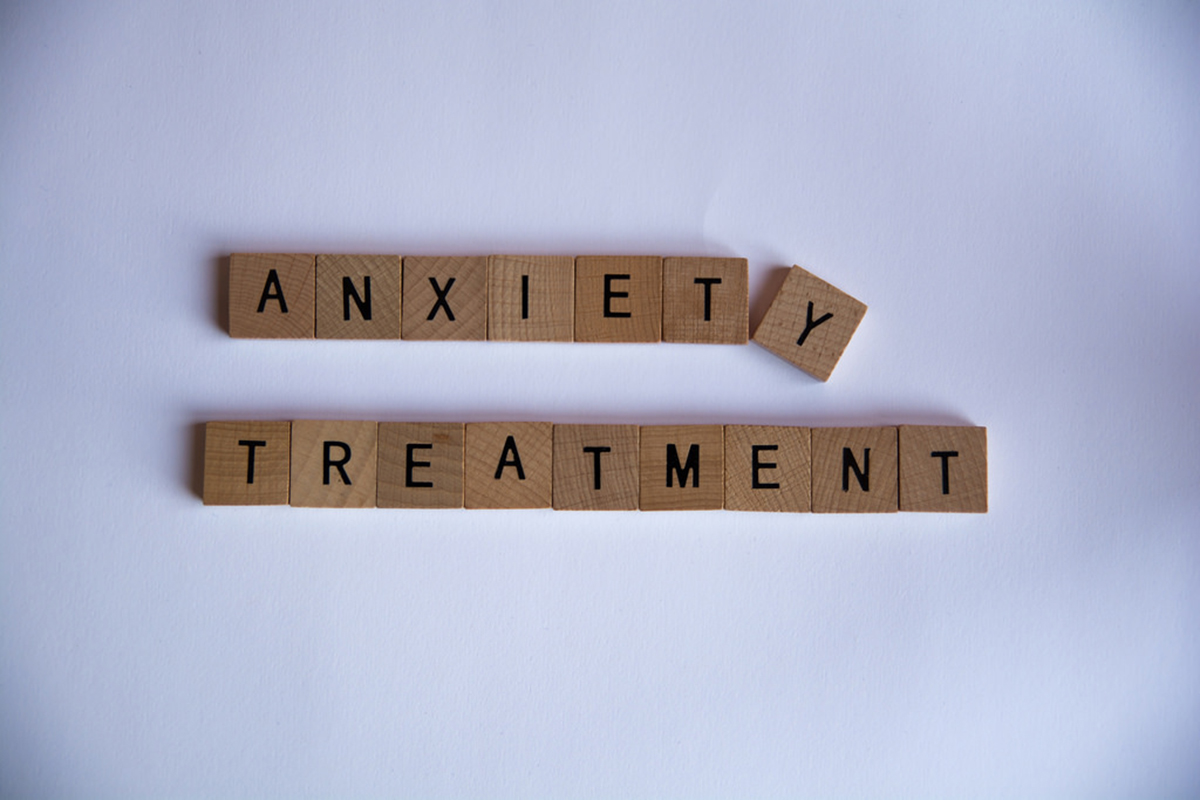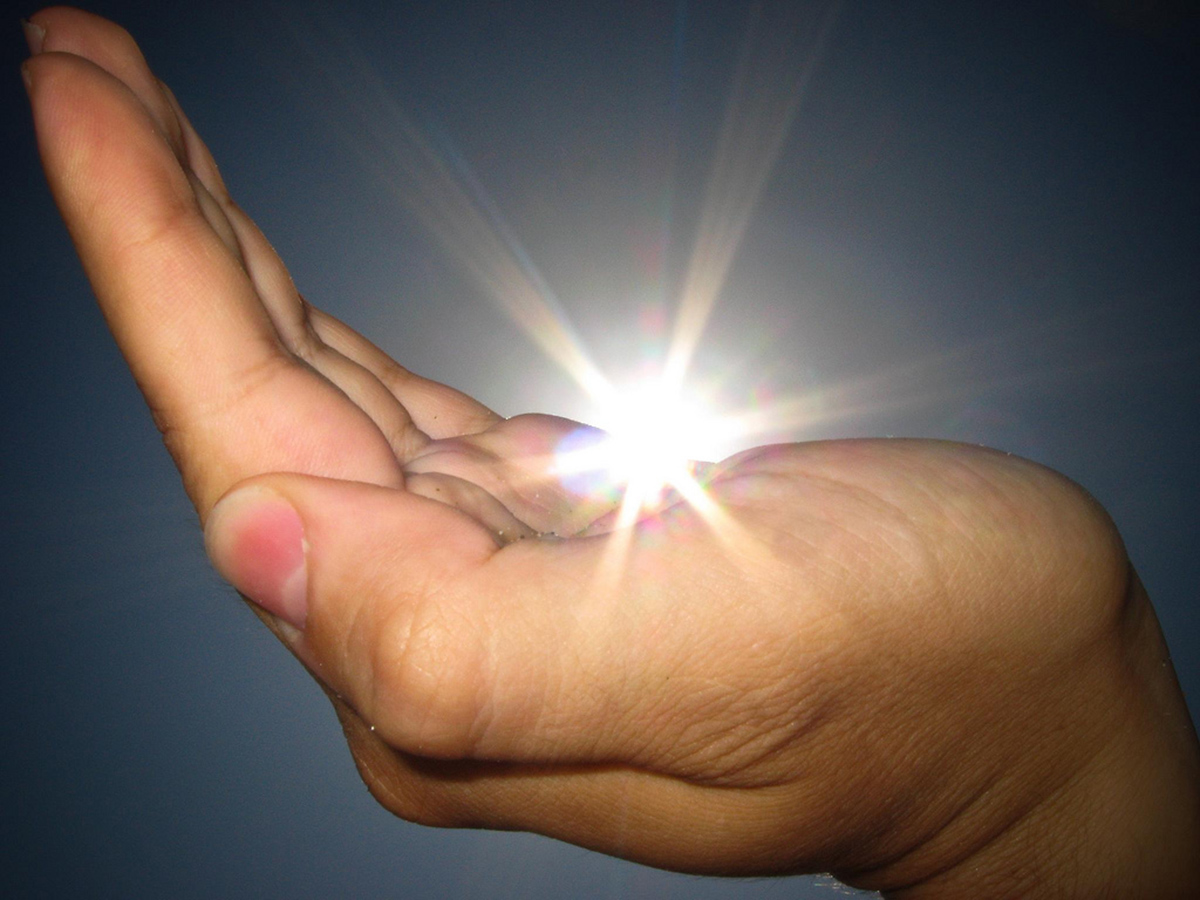We all feel anxious sometimes. Anxiety and worry are completely normal reactions to both the everyday and extraordinary stresses we all occasionally experience, in children this is often called separation anxiety in children under 10. When the anxiety starts taking over your life to the point that it affects your daily functioning, and if your anxiety is disproportionate to the level of objective stress you are experiencing, you may be looking at an anxiety disorder.
Anxiety disorders can have a tremendous impact on a person's quality of life, to the point that carrying out normal daily tasks becomes nearly impossible and all aspects of your experience are impacted by a paralyzing tendency to worry.

If your anxiety is making your life hell, you are undoubtedly hoping for a solution, but may also find seeking help to be a very difficult first step. Often, learning more about anxiety can help you take action.
What Is Generalized Anxiety Disorder And How Does It Differ From Related Conditions?
The symptoms of Generalized Anxiety Disorder, shortened to GAD, include restlessness and feeling "on edge", irritability, fatigue and difficulties with sleeping, trouble concentrating, muscle tension, and an inability to turn the worries "off". Worrying about worrying, playing out doom scenarios in your head, and a fear of making mistakes are also part of the symptoms of GAD.
These symptoms have to occur a majority of the time over at least a six month period in order to quality for a GAD diagnosis under the DSM-5, the latest incarnation of the Diagnostic and Statistical Manual of Mental Disorders. It must also impact the person's life significantly, and other factors that could explain the symptoms — such as substance abuse — first have to be taken into account. The symptoms being explainable by another mental disorder also rules out a diagnosis of GAD.
READ Cognitive Behavioral Therapy: Best non-med treatment for anxiety and stress problems
People who suffer from Generalized Anxiety Disorder can suffer from related conditions while still meeting the diagnostic criteria for GAD as well. Other anxiety disorders that are related to, but distinct from, GAD, include:
- Panic Disorder: Characterized by panic attacks, episodes of extreme fear that appear out of the blue, worries about when the next panic attack will occur, and feeling completely out of control during panic attacks.
- Social Anxiety Disorder: More related to how the person relates to others, and characterized by feeling anxious about interacting with and being in the presence of others, and a fear of being judged by others.
- Obsessive Compulsive Disorder: Characterized by the patient's need for routines and obsessively checking things. This may well induce anxiety as well, but is a separate disorder.
I Think I May Have Generalized Anxiety Disorder: What Next?
You may approach a psychologist or your family doctor if you are suffering from anxiety, and when you do, a diagnostic process will precede treatment. You can expect to be asked questions about your symptoms, conditions of life, stresses you are exposed to, and your family medical history during the initial appointment. A physical examination may also be part of the process as it helps eliminate other possible causes of your symptoms.

Risk factors for Generalized Anxiety Disorder include a low socioeconomic status, a childhood history of worrying, exposure to life stresses and marital or relationship stresses, and being female. A family history of anxiety disorders also contributes to your chances of developing GAD, so questions about your relatives are very relevant.
Once other disorders have been ruled out and your healthcare provider concludes that you are dealing with Generalized Anxiety Disorder, you can then start looking into treatment options together.
Treatment Options For Generalized Anxiety Disorder
Cognitive Behavioral Therapy (CBT) is one of the most successful treatments for GAD. CBT can help uncover your underlying fears and the ultimate causes of your anxiety and help you gain insights into your behaviors, as well as helping you develop different ways of coping and seeing things. Cognitive Behavioral Therapy is carried out on a one-to-one basis with a therapist. In addition, many people with GAD benefit from support groups or group therapy, and from discussing their anxieties with their friends, relatives, and even anonymous people on the internet.
READ Natural Remedies for Anxiety
Medication for Generalized Anxiety Disorder can provide relief very quickly, if the right medications are chosen. If you are dealing with GAD, you may be prescribed anti-anxiety medications such as benzodiazepines to take the edge off your symptoms and allow your mind to calm down. Antidepressants and even beta-blockers, which are typically prescribed to heart and hypertension patients, are other popular options.
Frequently reporting back to your prescribing healthcare provider about how well your medications are working for you will help you find a medication or combination of medications that works for you. Though medications are seldom used as a stand-alone treatment for anxiety disorders, they can help improve your quality of life greatly.
Finally, your healthcare provider will discuss lifestyle changes — including cutting back on coffee and alcohol — with you. Through meditation and mindfulness techniques and physical exercise, you can play a very practical role in reducing your symptoms.
In Conclusion...
Generalized Anxiety Disorder can turn your life into an extremely frightening and unpleasant experience, and while you are going through the worst of your symptoms, it may seem like there is no light at the end of the tunnel. By reaching out to mental health professionals and seeking treatment, however, you can achieve radical improvements very quickly. Nobody deserves to live with paralyzing anxiety. Seeking treatment may be a terrifying step, but it can ultimately help you achieve the results you so much want to see.
- Photo courtesy of practicalcures: www.flickr.com/photos/practicalcures/23362564976/
- Photo courtesy of Viditu: www.flickr.com/photos/turyddu/2682923190/
- Photo courtesy of practicalcures: www.flickr.com/photos/practicalcures/23362564976/


Your thoughts on this